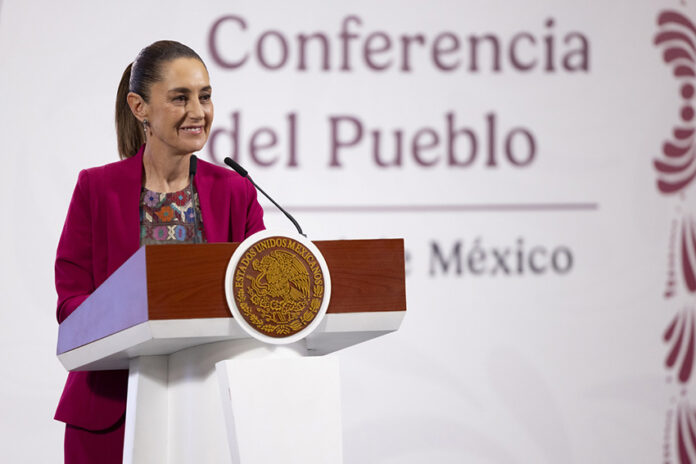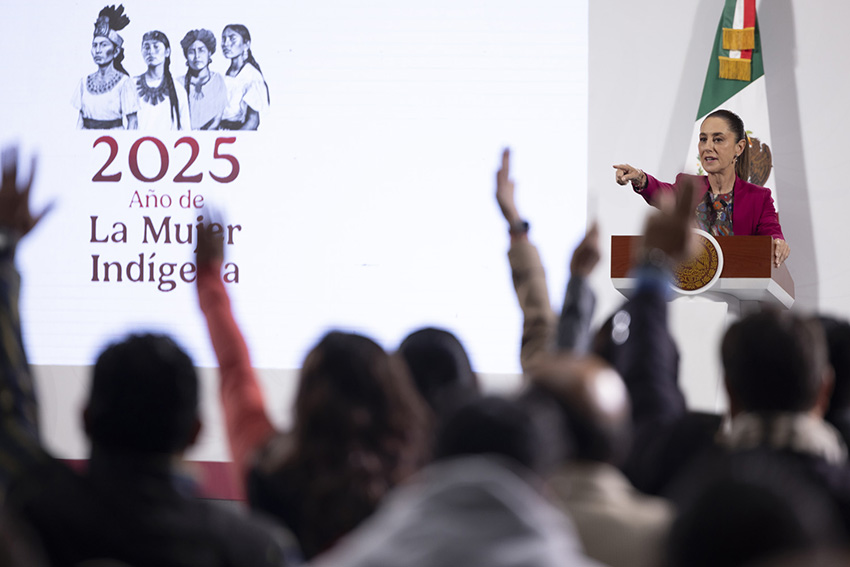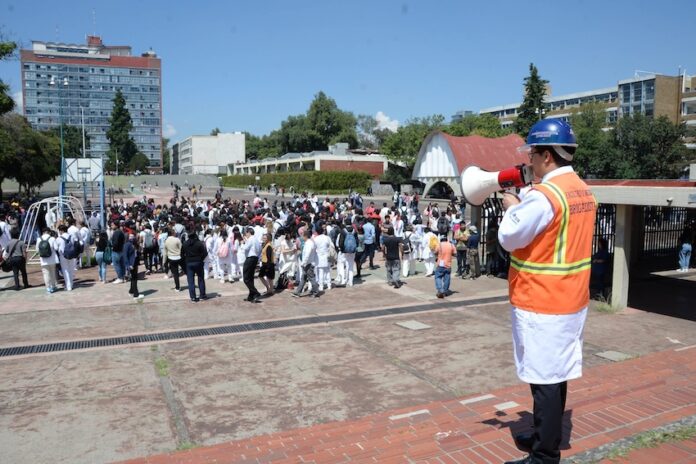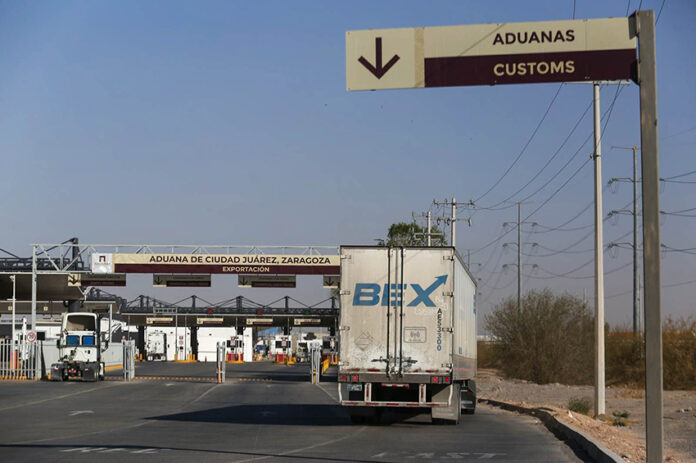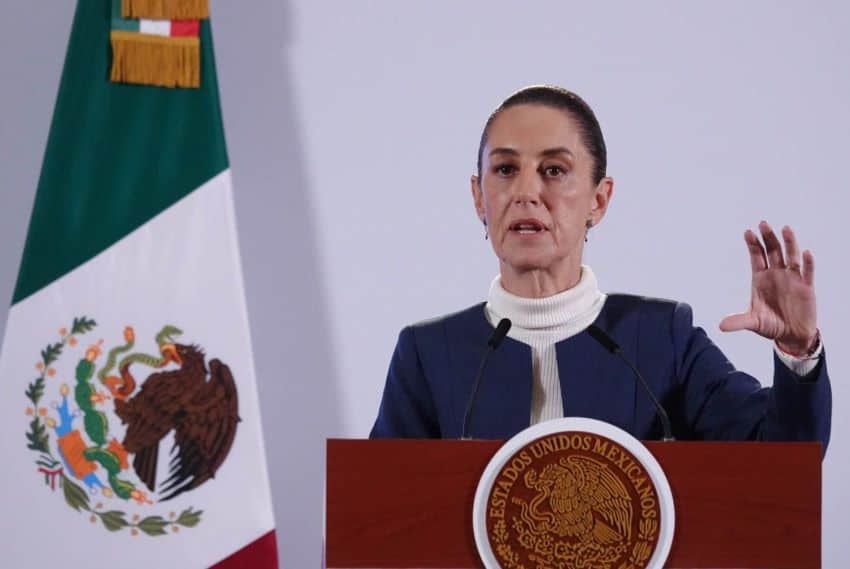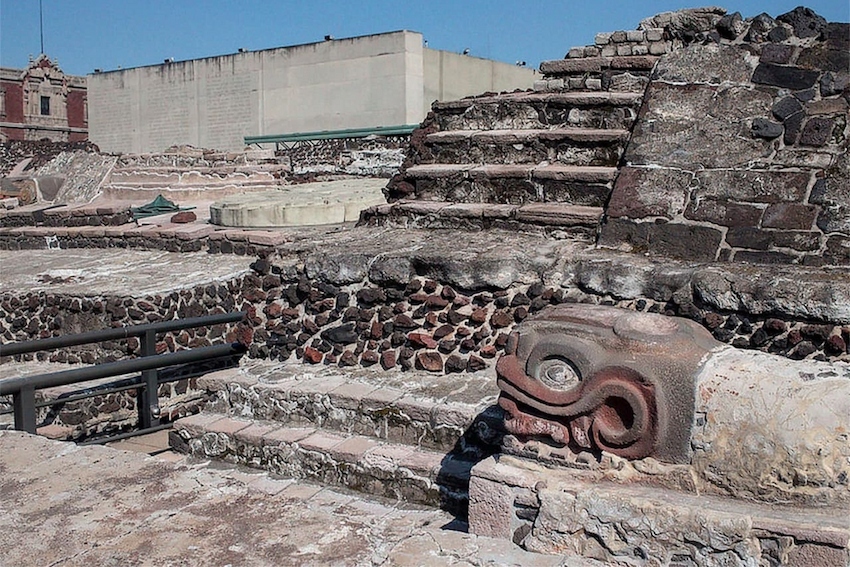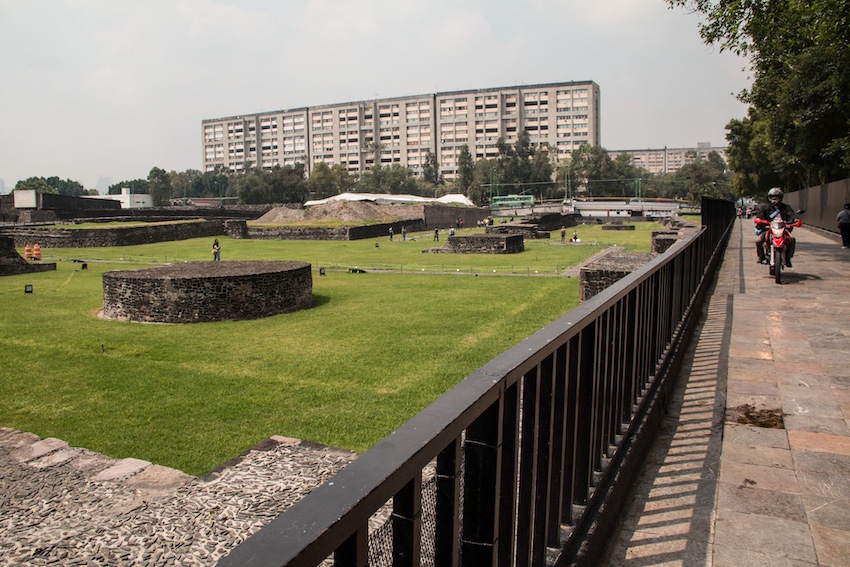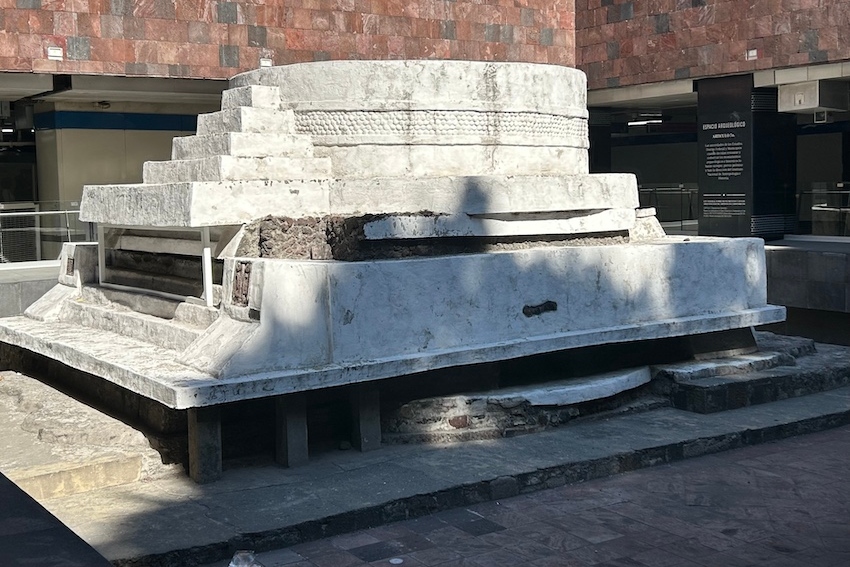Last year, for my 40th birthday, I took myself to Japan. One of the deciding factors to book this trip, which was rather last-minute, was that Aeromexico offered a direct flight from MEX (Mexico City International Airport) to NRT (Narita International Airport).
Because I’m a writer, I couldn’t quite swing business class. I did, however, manage to secure a great seat in the front row of comfort economy (8A) on a Dreamliner. This is the next best thing. I’ve flown extensively throughout my adult life working in the travel industry, and was happy when the flight of nearly 15 hours felt relatively easy. I wish I could say the same for the staff. Little things kept popping up — a pretentious attitude with the older Mexican man behind me, acting visibly irritated when another passenger asked for an extra blanket, and the kicker — absolutely no water provided after dinner and all service wrapped up. I’m a Delta girl, and all of this is simply unacceptable behavior, especially when the flight ran me upwards of US $3,000. (You only turn 40 once!)

So when I flew to Rome at the end of August, I passed on the direct Aeromexico flight, opting instead for a layover in Atlanta with Delta. I chose Delta for two reasons: customer service and cost. A seat in Delta Comfort was half the price of Aeromexico’s economy option, and in my experience, the Delta crew is always friendly. I despise layovers, but this one felt justified.
The thing is, coming home to Mexico City from Rome took nearly 24 hours. Was it worth losing an entire day just to avoid Aeromexico? Let’s investigate.
Aeromexico’s storied history
But first, a quick background. Aeromexico was founded in 1934, meaning last September the airline celebrated its 90th birthday. The first official flight — reportedly carrying just two passengers and three crew members — was on a Stinson Reliant SR-5A, heading south from Mexico City to Acapulco. Around 20 years and a national expansion later, Aeromexico introduced its first international flight: Mexico City to New York. It was around this time that the airline introduced its iconic logo “Caballero Águila”, honoring Mexico City’s Aztec heritage and Mexican identity. (The Eagle Knight recently underwent a refresh to reflect a “more modern and humanized design.”)
Boeing planes were added to its growing fleet after the 1970s, and in 1998, the carrier launched its website and soon started selling tickets online. Aeromexico was among the founding members of the SkyTeam Alliance in 2000, joining airlines like Air France, Delta and Korean Air in an attempt to enhance global connectivity. In 2015, Aeromexico became the first Latin American airline to fly nonstop to Asia. The rest, as they say, is history.
The true cost of flying Aeromexico
But history aside, what matters to travelers today is value for money. One of the first things a regular flier will inevitably notice is pricing. Aeromexico is the only pseudo-premium airline in Mexico, and domestic flights can carry a price tag up to three times that of ultra-low cost carriers like Viva Aerobus and Volaris. With the extra fee comes more options: flexibility, amenities and routes. At present, a round-trip flight from Mexico City to Guadalajara runs US $100–$110 on Aeromexico, and about $73–$85 on Viva Aerobus, including extra fees for a checked bag.
Internationally, there is little competition apart from U.S.-based airlines such as Delta (currently a codeshare partner, though not for much longer), American and United Airlines. Viva and Volaris offer limited flights to the U.S., Caribbean and Central America. But it’s Aeromexico with the overwhelming majority, currently operating approximately 50 direct routes to various cities in the Americas, Caribbean and six European hubs. Two routes connect Mexico City to international airports near Seoul, Korea, and Tokyo, Japan.

The question is, how do costs stack up? Let’s take a real-life example, based on my most recent international trip. If I were to book a premium economy flight from Mexico City to Rome for the first week of December, right now (as I write this article), it would cost me 41,379 pesos. A Delta flight with a 3-hour layover in Atlanta would run me 26,444 pesos. Is the direct flight worth an extra 15,000 pesos? The choice comes down to time and customer service.
Why Mexico City flights cost so much
Part of Aeromexico’s pricing puzzle lies in Mexico City itself. Mexico City International Airport operates at maximum capacity with heavy slot regulation. The high demand and lack of available slots make it costly for airlines to operate, and those costs get passed directly to passengers through higher fares.
Then there are the government fees. Mexico imposes airport usage fees and taxes that are among the highest in the region. Every time you book a ticket, you’re not just paying for your seat. You’re also covering a significant chunk of regulatory overhead that gets tacked onto your base fare.
The lack of real competition doesn’t help either. When major airlines dominate key routes, there’s less pressure to keep prices competitive. It’s basic market dynamics, and unfortunately, passengers bear the cost.
Overall service: How does Aeromexico rank?
Aeromexico’s reputation among travelers is mixed, as made apparent by the following review platforms. Trustpilot gives Aeromexico a rating of 1.4 out of 5, a glaringly awful number, with reviews largely citing cancelled flights (many with no compensation) and poor customer service. TripAdvisor rates the airline a 3.0, Yelp a 1.3. Kayak is more forgiving with a 74% rating out of 100. (For contrast, Viva Aerobus rates 1.3, 2.5 and 1.3, with no rating on Kayak; Delta 1.6, 4.0, 3.5 and 80%, respectively).
Despite the relatively abysmal ratings (which one might argue plagues most Western airlines), Cirium awarded the carrier its yearly Global On-Time Award in 2024. The largest worldwide aviation analyst attributes Aeromexico’s success to “strategic investments in fleet modernization and technological advancements” and “adoption of advanced scheduling systems and AI-powered tools.” I raise an eyebrow to the latter — Aeromexico’s app almost consistently fails on me every time I’m en route to the airport.
Conclusion: Is Aeromexico worth it?

So back to my original question: was losing an entire day of my life worth avoiding Aeromexico on my Rome trip?
The honest answer depends on what you value most. If you prioritize convenience and hate layovers, Aeromexico’s direct routes from Mexico City are genuinely valuable — especially to destinations like Tokyo, where alternatives are limited. The Dreamliner aircraft are comfortable, and when the service works, it works decently.
But if you’re price-sensitive or have had poor experiences with their customer service, those 24-hour travel days might feel justified. My Delta layover cost me time but saved me money and stress. For a route like Rome, where I have options, I’ll likely stick with what I know keeps my heart rate at a healthy minimum.
The real test will be whether Aeromexico can improve the service inconsistencies that inundate review platforms. Until then, I’ll continue to weigh each booking decision based on three factors: my budget, my schedule and my tolerance for potential frustration. Sometimes that direct flight is worth every peso — and sometimes it absolutely isn’t.
Bethany Platanella is a travel planner and lifestyle writer based in Mexico City. She lives for the dopamine hit that comes directly after booking a plane ticket, exploring local markets, practicing yoga and munching on fresh tortillas. Sign up to receive her Sunday Love Letters to your inbox, peruse her blog or follow her on Instagram.








